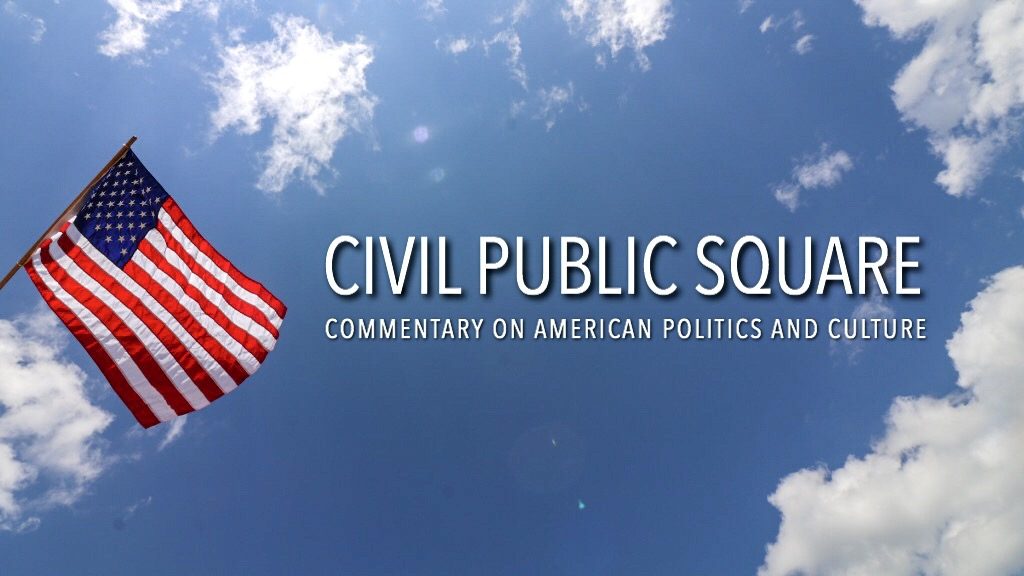Alexandria Ocasio-Cortez shocked political observers with a 15-point victory in New York’s 14th Congressional District (Bronx and Queens) primary over Congressional Representative Joe Crowley, a 10-term incumbent who was the fourth-ranking Democrat in the House. Proving, yet again, that money doesn’t mean everything, the 28-year-old Ms. Ocasio-Cortez was significantly underfunded compared to her incumbent rival.

Minority Leader Nancy Pelosi (D-CA) was quick to downplay the upset as part of a larger phenomenon, relegating it to a district-level phenomenon. Still, for roughly two decades, that same district had been sending a Representative to Washington who recently had been seen as a successor to Rep. Pelosi. Her obvious attempts to marginalize the shocking primary result was met with, well, resistance among some core party activities. No less than Democratic National Committee Chairman Tom Perez stated flatly that Alexandria Ocasio-Cortez “represents the future of our party.” Whatever else he may be, Mr. Perez cannot be described as a “fringe voice” in the party. Too, the victor marches to the ballot with much more popular support than most fringe candidates, already boasting over 700,000 Twitter followers (a figure which exceeds most sitting members of Congress).
Ms. Ocasio-Cortez wasted little time to capture the moment, promoting a platform that included abolishing the U.S. Immigration and Customs Enforcement (ICE), universal Medicare, and a “jobs guarantee.” Within days, numerous Democrat Senators and Representatives followed suit in coming out against ICE. Some strongly advocated abolishing the agency, others called for abolishing the “broken immigration system.” As one might predict, though there were calls to “repeal and replace” the ICE and/or the laws that it enforces, no specific (or even general) plans were offered for consideration. Such thoughtful plans, of course, are a distraction to timely demagoguery.
Had this happened during and subsequent to a Republican primary, this lemming-like behavior from the likes of Senator Warren, Senator Gillibrand, Senator Sanders et al. doubtlessly would be reported as “pandering to the extremist base” and “taking directions from the Tea Party and other assorted fringe elements from the far right.” Here, instead, these developments drew yawns from some of the press and glowing accolades in other quarters. Why?
The answer is that such positions are no longer the fringe of the Democrat party but, instead, increasingly the settled position of primary voters, special interest groups, and donors. Longtime liberal lions like Sen. Dianne Feinstein are suddenly in serious electoral jeopardy with the base for not being progressive enough. Also no longer at the fringe of the party are folks who self-identify as Socialists. Senator Bernie Sanders, a self-described Socialist, nearly bested Secretary Clinton to capture the Democrat Party nomination in the summer of 2016. Had the party apparatus not conspired to rig the primary process, a Socialist would’ve represented a major political party as a candidate for President.
President Obama faced repeated charges of being a Socialist throughout his presidential campaign and his two terms in office. Newsweek famously offered an apologia for Socialism with its cover story in defense of then-President Obama, We’re All Socialists Now. For some time, our national media has been transitioning us to accept a new socialism footing for our nation’s governance.
Still, most moderate voters in the U.S., for now (more on that in a moment), recoil at the idea of socialism as a governing philosophy. Given that we just escaped from a particularly bloody century in which Socialists of various iterations (from the Union of Soviet Socialist Republics (USSR) to the National Socialist Worker’s Party, i.e., Nazi Party) were responsible for millions upon millions of deaths (most of which involved their own citizens), such reticence about socialism is not only understandable, but proper.
Thus, we’re proffered the term “Democratic Socialism” as an important and acceptable variant of socialism. One can almost picture the political ads – “This is not your father’s socialism.” What’s the difference between Socialism and Democratic-Socialism? Hard to tell. Even those who embrace the description, including Ms. Ocasio-Cortez, often can’t explain it themselves.
Some conservatives are taking comfort that Ms. Ocasio-Cortez has already appeared “not quite ready for prime time,” even producing a few televised moments that are downright cringe-worthy. On other occasions, she is plainly wrong on simple and easily verifiable facts.
Still, it would be a mistake to regard this as a passing fad attached to a couple of high-profile leftists. There is plenty of reason to believe that the socialism movement is ascendant at the grass roots level. And there is even more reason to believe that some brand of socialism lies in our future.
From Steve Chapman of the Chicago Tribune:
“Capitalism has been the most dynamic force for economic progress in history. Over the past century, it has delivered billions of people out of miserable poverty, raised living standards to once-unimaginable heights and enabled an unprecedented flourishing of productive creativity. But among young Americans, it finds itself on trial.
The University of Chicago’s GenForward Survey of Americans age 18 to 34 finds that 62 percent think “we need a strong government to handle today’s complex economic problems,” with just 35 percent saying “the free market can handle these problems without government being involved.”
Overall, 49 percent in this group hold a favorable opinion of capitalism — and 45 percent have a positive view of socialism. Socialism gets higher marks than capitalism, though, from Hispanics, Asian-Americans and African-Americans. Sixty-one percent of Democrats take a positive view of socialism — and so do 25 percent of Republicans.
Contrast the millennials’ opinions with those of their parents. A survey last year found that only 26 percent of baby boomers would prefer to live in a socialist country. Among young people, the figure was 44 percent.”
Thus, while current self-described moderates in U.S. elections may recoil from Socialism, it may come to pass that future moderates may wholly embrace it.
What then becomes of the “Land of the Free?” Well, that’ll be up to the “Home of the Brave.”
Stay tuned…


Permalink
Would be interested in your views on this opinion piece:
http://www.foxnews.com/opinion/2018/08/18/newt-gingrich-democrats-have-no-idea-what-demons-are-unleashing.html
Permalink
I like the helpful info you provide in your articles. I will bookmark your weblog and check again here regularly. http://bnuphoto.com